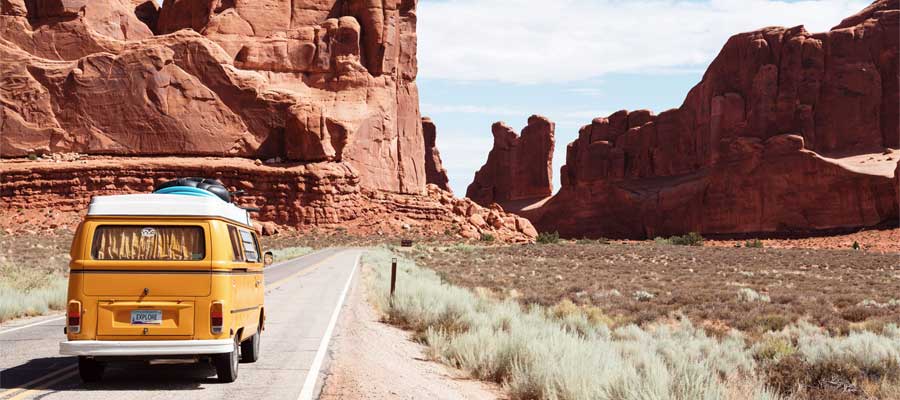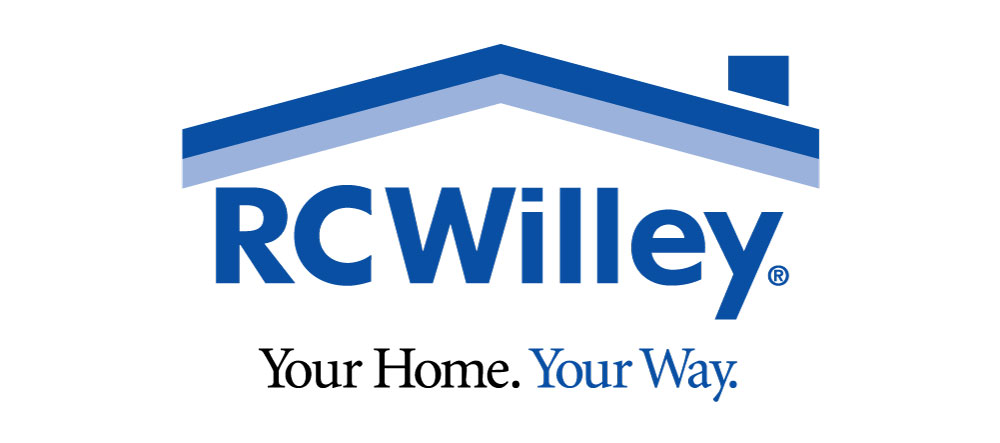Gas prices are up. Does that mean taking a road trip has become too expensive to consider? The short answer is “no,” but let’s walk through why that’s the case. City driving and highway driving are not equivalent. Most vehicles get better mileage on the highway than in the city, where speeds are lower, the RPMs are higher and you are more likely to spend time idling. The difference is likely to be at least 5 mpg.
Make three assumptions: you get 25 miles per gallon on the highway, gas was $4 per gallon a year ago and is now $5.25, and you are eyeing a 600-mile road trip. That works out to about 24 gallons for the entire trip, which means a road trip this year will cost about $30 more than it would have a year ago. We hope you won’t be paying $5.25 per gallon, but even so, 24 gallons at $5.25 is only $126.00.
What are some great Utah locations to consider? The Visit Utah website (https://www.visitutah.com/things-to-do/Road-Trips) suggests several possibilities. A small selection includes:
- Stargazing at seven different International Dark Sky Places in Northern Utah or four different national parks in Southern Utah
- Skiing in Northern and Southern Utah
- Cycling, hiking and scenic drives in Kanab
- Learning more about Native American history and culture at Bears Ears
- Visiting the Monument Valley Region
- Driving to Capitol Reef Country
There are also plays to watch at Cedar City’s acclaimed Utah Shakespeare Festival and the Tuacahn Amphitheatre in Ivins.
If you’re convinced a road trip would be a great choice for your family, prepare for it so you travel safely and comfortably. What should those preparations include?
- Please bring in your car, and let us examine it for potential problems. You don’t want to drive in the summer heat to an unfamiliar destination without ensuring your car is roadworthy. We can check fluids, tires, air pressure, filters, brake pads, light bulbs, belts and hoses. We can also change spark plugs.
- Stash emergency equipment such as a tire iron, jack and spare tire. Bring sunglasses, sun protectors for side windows and the front windshield, a fire extinguisher and cleaning towels, a spare key in case you accidentally lock the keys in the car, a funnel, a bucket and the owner’s manual.
- Have a car survival kit. Basics are a chain or towing rope, bungee cords, electric charger wire, flashlight, screwdrivers and wrenches, pliers and a hammer.
- Have a small COVID prevention kit: masks, hand sanitizer, disposable gloves and Clorox wipes.
- Clean the inside and the outside of your car, including the trunk, before you go. Think about how you will organize everything that will be stored inside it. Check the cupholders and bring enough memory cards, charging cords and power adapters for everyone.
- Download entertainment.
- Bring a bin or bag for trash.
- Sleep at least seven hours per night for two nights before your departure, and start driving in the morning.
- Stash as much luggage as possible inside the car. Having it on top reduces gas mileage.
- If you feel uncomfortable, sit up straight or change your body position.
- Assign someone to pay attention to how the driver is doing and suggest driving breaks when necessary.
- Take driving breaks every 100 miles or two hours, whichever comes first. Think about stopping points before you begin driving, and know where you might stop for a meal or do a little sightseeing. Also, know how many miles you can drive a day safely. Don’t push your limits.
- Drive slower than you must. It will save gas, be safer and give you time to appreciate the scenery.
- Stay well away from trucks and never tailgate them. You are a safety liability for them; if they are paying attention to you, they are not paying attention to the road.
- Avoid driving between 1 p.m. and 3 p.m. That’s when most people feel like taking a nap. If you do feel tired, either pull over and take a short nap or stop somewhere for the night.
- Have plenty of healthy snacks and water in the car.
- Take some peppermint scent with you and sniff it when necessary. You will feel more alert.
- Provide children with fun activities to take their minds off the long drive. Play road trip games, have books and puzzles and listen to music or funny books on the way. (Laughter is another easy way to stay more alert.)
Utah is a beautiful state with plenty to do and see. Please make the most of your vacation time as you explore its many roads and wonders.




